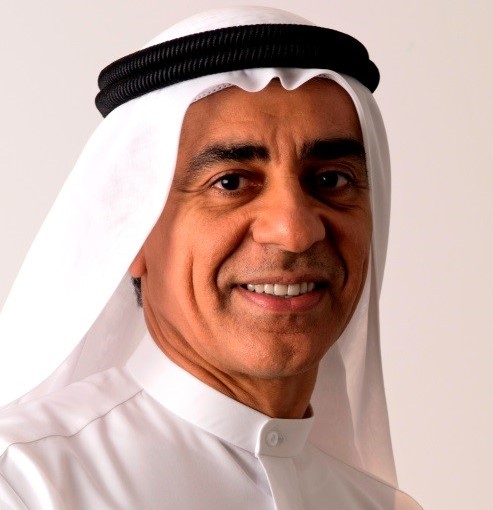The Dubai Financial Services Authority (DFSA), the independent financial regulator of the Dubai International Financial Centre (DIFC), continues to enhance its regulatory framework by focusing on the future of finance. As finance across the world transforms through the use of technology, the role of regulation has never been more important.
Innovation is a key pillar of the UAE’s economic growth and it recently ranked 1st regionally in the 2020 Global Innovation Index, cementing its overall status as one of the world’s most innovative countries and further attracting businesses with innovation at the centre of their operations to choose the UAE. Similarly, the future of finance is at the heart of the development of the DIFC, the leading international financial hub in the Middle East, Africa and South Asia (MEASA) region.
The DIFC is now the home of more than 3,200 companies and nearly 28,000 staff. Within this wider population, the DFSA regulates 521 financial services firms and registers 17 auditors and 108 designated non-financial businesses. The total assets of the financial services firms are approaching USD 200 billion. The pipeline of firms wishing to be regulated by the DFSA continues to grow.
Fadel Al Ali, Chairman of the DFSA, said: “As the independent financial regulator of the DIFC, we continue to work towards fostering and maintaining fairness, transparency and efficiency in the financial services industry. We are exploring and adopting innovative solutions to enhance our regulatory role, as part of our digitalisation drive. We continue to ensure that we are aligned with the highest global standards based on the best practices and laws of the world’s leading financial jurisdictions.”
To encourage innovation in the DIFC and protect the market against risks, the DFSA set up the Innovation Testing Licence (ITL) Programme. This year, 26 companies expressed interest in the programme and 17 of these were asked to submit an application; these are now being reviewed. Applicants include firms wanting to provide payment and money transmission services, wealth management, tokenised payment services, and biometric-enabled financial services.
The DFSA hosts RegTech events focusing on driving compliance through innovation. The most recent event highlighted the importance of this area and saw demonstrations from seven RegTech providers in the area of cyber risk mitigation, data analysis, transaction monitoring, and eKYC. Cyber risk continues to be a concern for businesses across every sector, particularly the financial services industry that is often targeted. To foster a safe environment for firms operating within the DIFC, the DFSA launched the Cyber Threat Intelligence Platform (TIP) last year, the first regulator-led platform of its kind in the region, creating an information sharing system for firms in the DIFC. The TIP has over 175 registered members and continues to provide them with information about an average of over 100 new threats per week. Members of TIP also contribute to the platform, sharing their knowledge and expertise. This has been beneficial for the DFSA in terms of strengthening relationships with partners to collaborate on tackling a common threat.
Expo 2020 will welcome millions of visitors, boosting Dubai’s economy and affirming Dubai’s place as the regional hub for international businesses. The Sustainability, Opportunity and Mobility districts at the Expo reflect that the UAE is working to diversify its economy through non-oil sectors, as part of its commitment to the UN’s Sustainable Development Goals. Adopting Environmental, Social and Governance (ESG) standards is essential to growth, as investors globally are now seeking to invest in firms and in countries that are transparent with their environmental, social and governance practices. The DFSA has been involved in the work surrounding ESG matters, both in the UAE and in the international arena, for over three years. Working closely with stakeholders and taking their feedback into consideration, the DFSA is committed to working towards ensuring that ESG education is a top priority within financial services.











